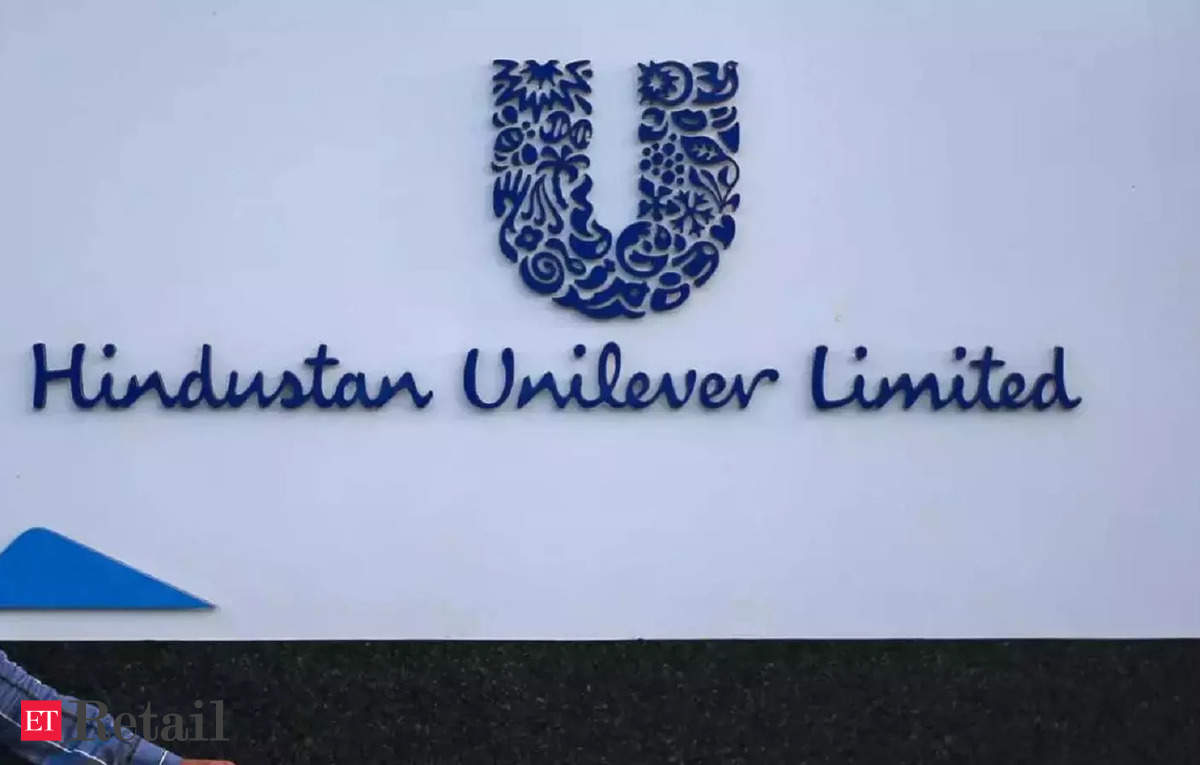Experts on the Need for Dynamism in FMCG Sector

The Fast-Moving Consumer Goods (FMCG) sector in Nigeria is facing evolving consumer needs, requiring businesses to be dynamic and adaptable. At the 6th Industry Summit in Lagos, themed “Understanding Changing Consumers Preference in Troubled FMCG Space,” experts emphasized the necessity for brands to understand and meet these changing preferences.
Lampe Omoyele, Managing Director/CEO of Nitro 121, highlighted that consumers are increasingly prioritizing essential goods and reducing discretionary spending. He advised brand owners to empathize with consumers and provide them with what they want to win them over. A recent survey by Nitro 121 indicated that price sensitivity, availability, and perceived value significantly influence consumers' brand choices, especially in categories like food and groceries, household items, and personal care. The survey revealed that respondents aged 35-54 with monthly earnings above N250,000 have adjusted their shopping habits in the past year.
The Nigerian FMCG sector is also experiencing trends such as digital payments, e-commerce expansion, and sustainability-driven packaging. Consumers are seeking healthier product options, and brands are investing in direct-to-consumer (DTC) models, influencer marketing, and loyalty programs to enhance engagement and retain customers. To stay competitive, FMCG brands should adopt data-driven marketing, omni-channel distribution, and direct-to-consumer models. Leveraging AI for consumer insights, optimizing supply chains, and creating engaging brand experiences through social media and influencer collaborations are crucial for navigating market shifts.
Toyin Nnodi, a marketing consultant, stressed that Nigerian FMCG companies must adapt to survive. Actionable strategies for successful FMCG operations include collaboration and partnership, omni-channel marketing, and agility and production innovation.
Stanley Obi, Co-Founder/CEO of Innova Hive Integrated Ltd, urged brands to strategically position themselves to gain a competitive advantage by offering unique experiences. Nana Milagrosa, CXO of MPXM, noted that consumers are seeking value in their brand interactions. Celestine Umehi, CEO of Arewa24, advised agencies to have in-depth knowledge of the brands they represent to ensure value addition. Key factors for brand relevance in the current economy include skillset, data analytics, agility, adaptability, and trust.
Goddie Offose, Convener of The Industry Summit, stated that the event aimed to celebrate innovation, resilience, and excellence in the FMCG sector, particularly in the face of changing consumer preferences. The summit’s theme reflects the challenges and opportunities facing the industry and the Nigerian economy. Adapting to evolving consumer behaviors and expectations is essential for businesses to stay ahead.








